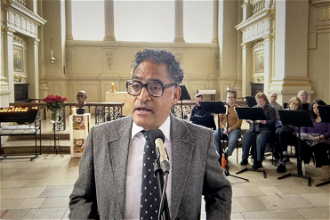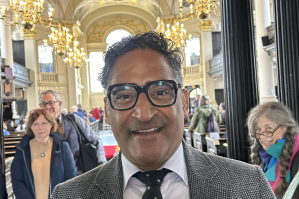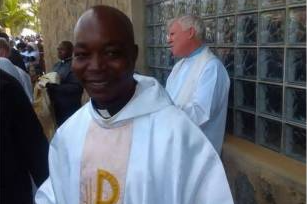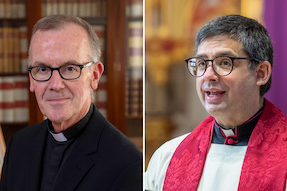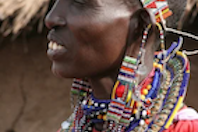Despite all, South Africa is still the hope of the nations

Source: Jesuit Institute South Africa
Last weekend, I attended an all-night vigil to pray for hope for South Africa. Hope for an end to load shedding that is crippling small businesses, hope for renewed leadership that can take this country out of the abyss. Hope for families as they struggle with unemployment, sickness, crime, drugs, and domestic violence.
Against so many obstacles, our vigil may have appeared hopeless, because we feel helpless to do anything to stave the slow drain of the lifeblood in this country.
We got to see our country through the eyes of another. Zimbabweans kept vigil with us, their prayers in describing South Africa as the hope for the whole African continent. "If South Africa fails," they asked, "what is left?" Where else can they go to provide for their families?
I started the prayer vigil feeling overwhelmed by everything that assails us. But, by the time a grey, rainy sky dawned, I realised that I had been fed with hope by those who are among the least serviced by our institutions and face the wrath of the poor, who make them scapegoats for our leadership failures.
Hopelessness leaves us paralysed. Hope fills us with an impetus to do what we can, wherever we are. I can't fix load shedding. But I can support investigative publications to keep bringing to light acts of corruption and create enough public outrage to prevent even more pillaging of the government coffers. I cannot stop gender-based violence, but I can help a shelter that gives women a safe place to figure out how to start over.
Not just me. All of us. Whether it's a cup of soup or a listening ear for someone who struggles, we can foster the flame of hope in one another. Only when we are united in a common hope can we begin to believe that change is possible.
That is the message I took from Joanne Joseph's Children of Sugarcane. The novel tells the horrific story of the human rights violations experienced by the indentured Indian people. They were promised a life of abundance but found themselves little better off than enslaved people on the sugarcane plantations of Natal in the late 1800s.
The system did not care about the plight of the indentured workers. In the novel, individuals who refuse to accept things as they are take up the baton of responsibility to make a new reality possible for the lead character.
Our past is wounded. Our nation is built on the foundations of slavery, racism, and dispossession. Despite that, in every generation, people have come together to bring into being a better reality. We have already come a long way. But there is still a long way to go.
Yes, we carry the scars of our past, and our present leaders have failed us, but we are not helpless. We should not accept things as they are. In hope, we can rise up and transform our country so that South Africa can indeed be the hope of the whole African continent.



